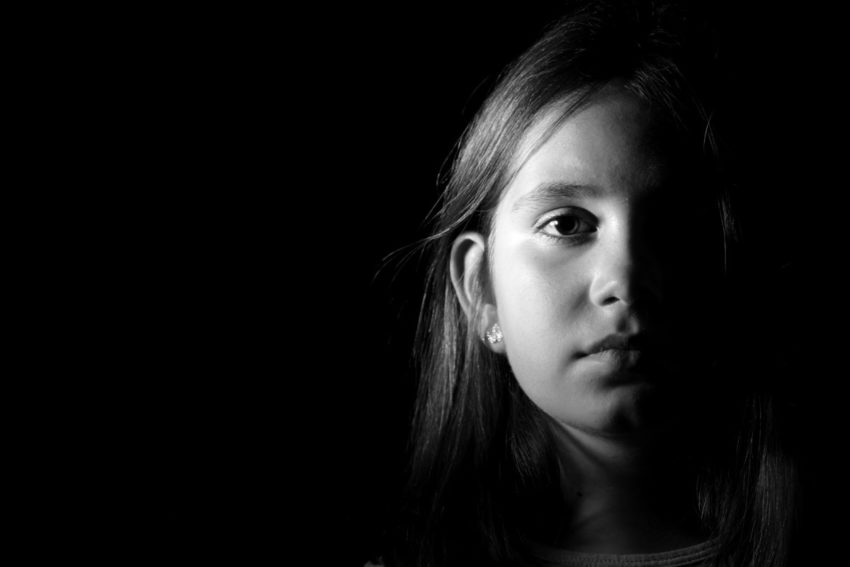By Cliff Despres
Nearly 4 in 5 Latino youth suffer at least one traumatic childhood experience, like poverty or abuse, and lack the proper care, support and environment they need for healthy development in formative years, according to a new research review from Salud America!, a national network for healthy change at UT Health San Antonio.
Salud America!’s The State of Latino Early Childhood Development examines the latest science on childhood trauma and its effect on Latino kids, and policy recommendations to improve reduce trauma, boost social and emotional health, and build school readiness.
An animated video summarizes the research.
The research shows Latino youth (77.8 percent) are more likely than all youth (70 percent) to have “adverse childhood experiences”—poverty, neglect, abuse or household dysfunction (i.e., parental divorce, violence, substance abuse, mental health issues).
About 28 percent of Latino youth suffer four or more of these traumas.
Latino kids exposed to many traumas tend to have higher obesity rates, future health issues, anxiety, aggression and substance use; and lower language, literacy and math skills.
Fortunately, several solutions are emerging, according to the research:
— Kids who get stimulating early care from birth to age 5 had far less risk of heart and metabolic diseases in their mid-30s.
— Home visits address and prevent adverse childhood experiences by providing Latino parents with culturally relevant support to promote a healthy, nurturing home for kids.
— Latino preschoolers who get culturally tailored independent learning have test scores above the national average.
— Teaching social and emotional skills to inner-city students improves academic achievement.
“There is a great need for culturally sensitive programs and policies to prevent trauma and improve education, health, and social and emotional development for Latinos in early childhood,” said Amelie G. Ramirez, Dr.P.H., lead author of the research review, and director of Salud America! and the Institute for Health Promotion Research at UT Health San Antonio.
More than 38 percent of Latino children ages 2-19 have an unhealthy weight, compared to 28.5 percent of white youth and 35.2 percent of black youth.
This situation is compounded by issues that hinder proper early childhood development.
Salud America!’s The State of Latino Early Childhood Development research review suggests policy and practice changes:
— Increase spending on early childhood education. For every $1 invested, the return is $7 due to increased school success and career achievement, and decreased costs of health, welfare and justice, studies show.
— Promote access to and availability of early childhood education programs for Latino kids.
— Train the childcare workforce to provide trauma-informed care for kids.
— Create “medical homes”—comprehensive, continuous, preventive health care from infancy through adulthood—to boost well-being in Latino and all kids.
— Assess childhood history and include developmental/behavioral screening in routine primary care or home visits to identify and address adverse experiences and other health issues early.
— Support initiatives that boost access to grocery stores and farmers markets in Latino communities.
— Improve access to parks, trails, safe routes and other active spaces in Latino communities. Green schoolyards and outdoor learning environments can boost students’ academic performance, mental health, and social and emotional learning.


